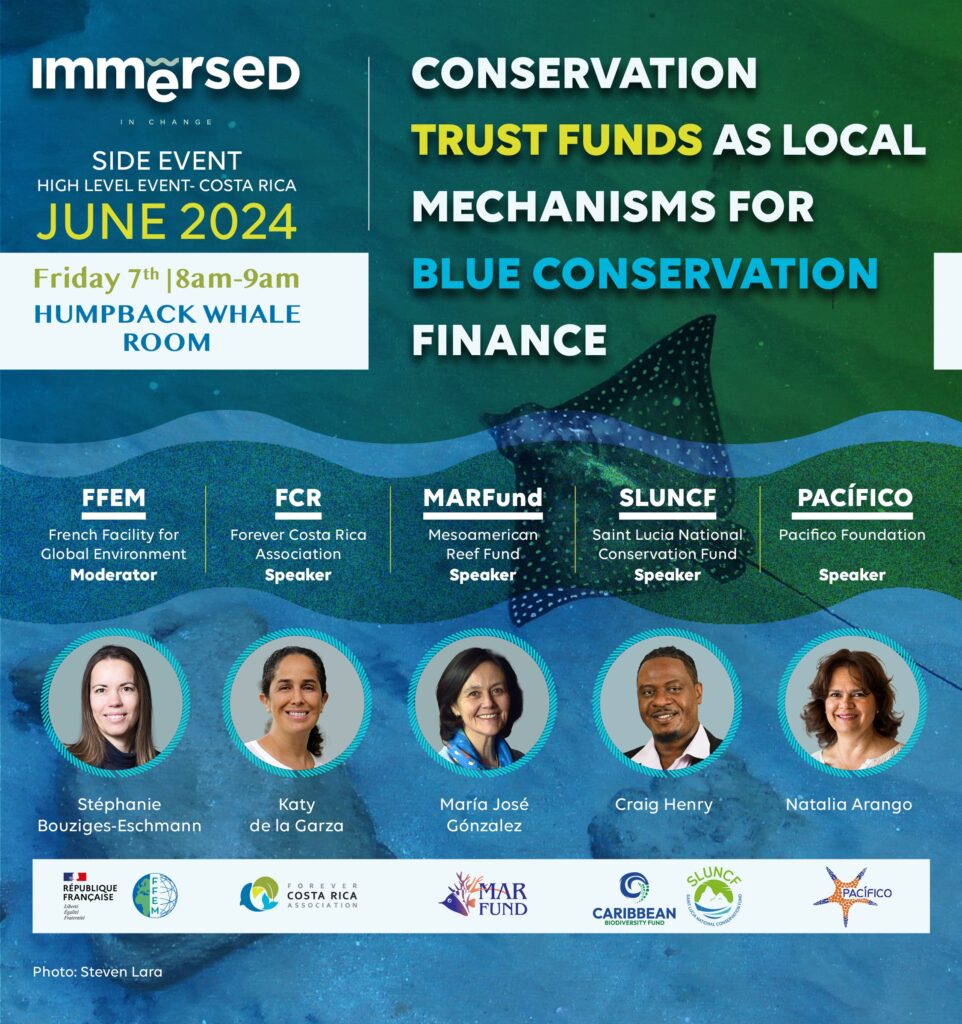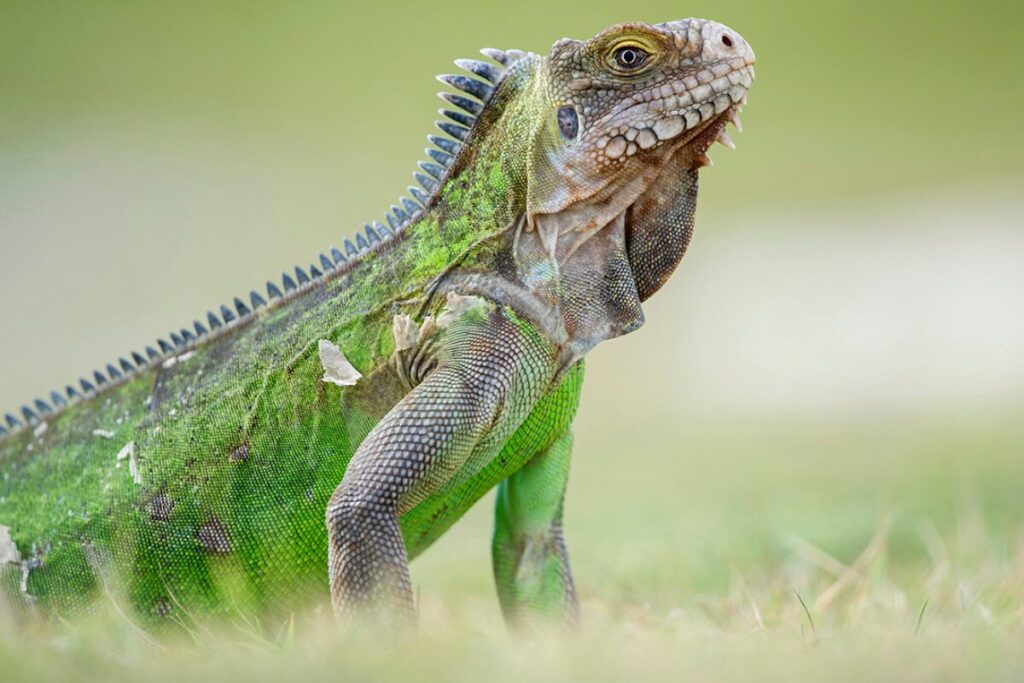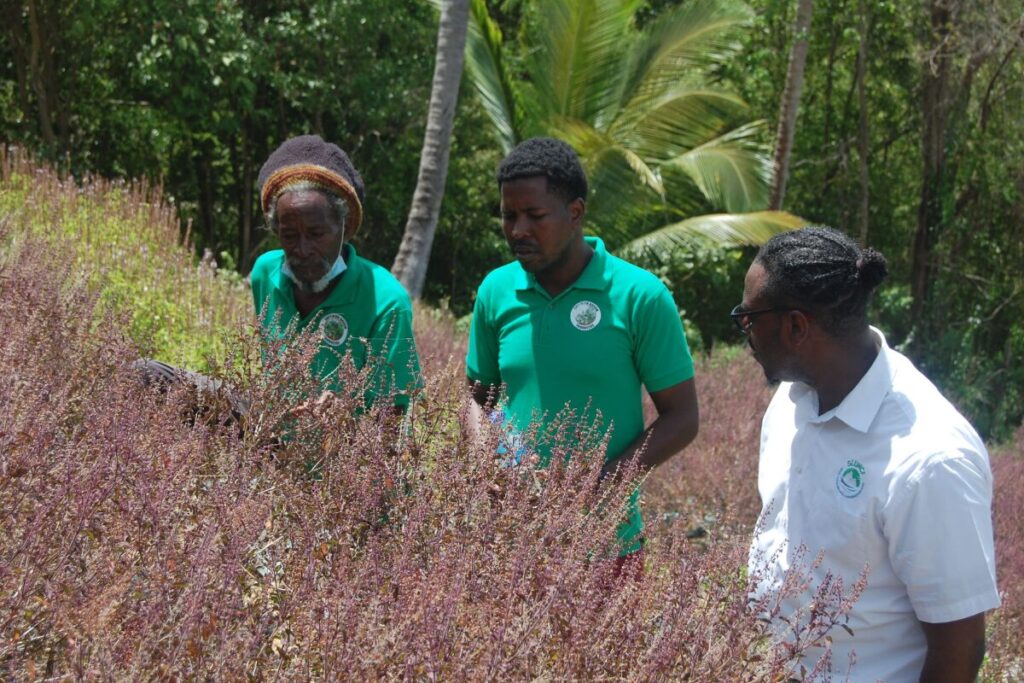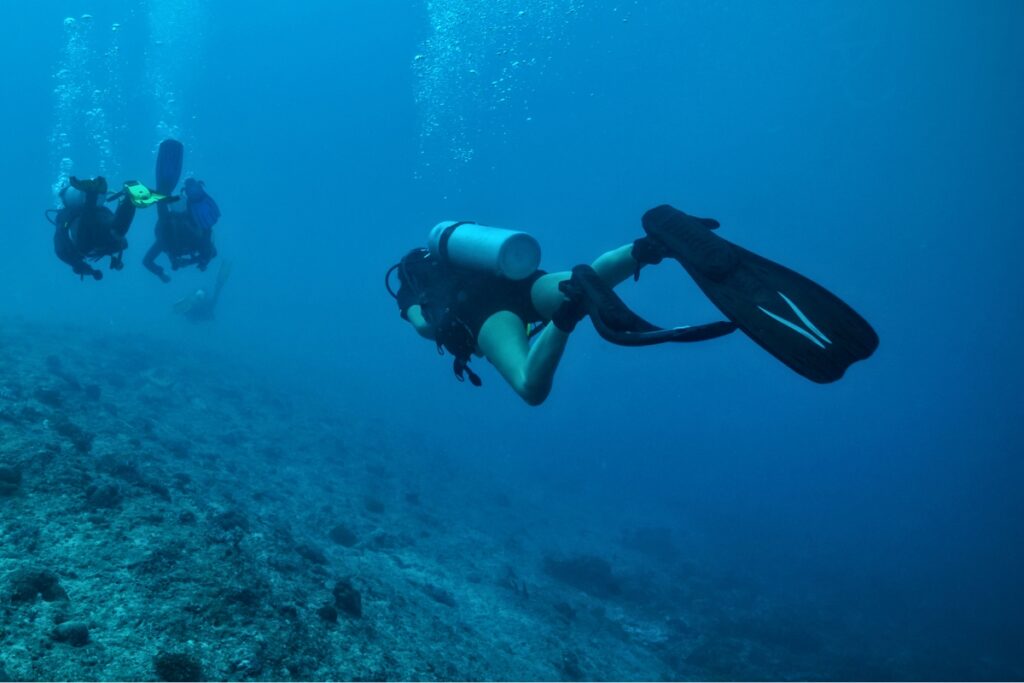The Caribbean Biodiversity Fund outlines a development pathway creating a brighter future for regional women and girls on International Day of the Girl Child 2023.
In the heart of the Caribbean, where the blue seas meet green tropical landscapes, a profound movement is underway—one that celebrates the potential to ensure gender balance in conservation financing and building resilience to climate change.
Today, for International Day of the Girl Child, the Caribbean Biodiversity Fund (CBF) promotes the mainstreaming of gender equality in regional conservation through the Caribbean Organizations for a Resilient Environment (CORE) Project funded by Global Affairs Canada (GAC). The project to be implemented over a 4-year period from 2023 – 2027 is valued at over CAD $13M (including CBF co-financing) and represents a beacon of hope for the long-term empowerment of women and girls across the Caribbean.
Unfortunately, the Caribbean region is also grappling with the consequences of rising temperatures and environmental threats. The past eight years1 have been the warmest on record globally. Climate change impacts women and men differently, and closing gender gaps can lead to increased economic growth, as well as increased climate resilience. However, gender inequality continues to be of concern in the Caribbean and with climate change, the gender inequalities are exacerbated.
In many parts of the Caribbean, women are the primary caregivers, which can limit their earning power and participation in decision-making. Such perceptions also impact the ability of women to adapt to climate change compared to men because of how gender inequalities affect access to and control of assets, services and decision-making (IDB, 2020). Studies confirm that natural disasters, such as droughts, floods, and hurricanes can trigger increased violence against women and girls. Many women lack access to legal and social protection mechanisms, especially indigenous women and other vulnerable groups living in rural areas. In these spaces, the promotion of positive masculinities and the safe engagement of most vulnerable women in all their diversity is needed to build climate resilience.
A visionary initiative, the CORE Project aims to confront the escalating climate crisis in eight Caribbean countries: Belize, Dominica, Grenada, Guyana, Jamaica, St. Lucia, St. Vincent and the Grenadines, and Suriname. The CORE Project’s approach offers increased capacity for regional organizations to implement gender-responsive climate responses, and ensures targeted financing is available for responding to the gendered impacts of climate change.
This comprehensive approach recognizes that for the Caribbean to thrive sustainably, girls and women must be actively involved in shaping policies, initiatives, and the allocation of resources. It acknowledges that girls and women are not mere beneficiaries but key change-makers in the fight against climate change and the preservation of biodiversity and are built on the following pillars.
Gender-Inclusive Conservation and Climate Resilience
The CORE Project recognizes that a gender-inclusive approach is fundamental to effective conservation and climate resilience. By actively involving girls and women in decision-making processes through targeted improvements in the governance of conservation trust funds, it ensures that their specific needs and concerns are understood and addressed. From protecting local ecosystems to adapting to changing climate patterns, gender mainstreaming3 is at the forefront of these initiatives.
Strengthening the Caribbean Sustainable Finance Architecture (CSFA)
The CSFA, comprising the CBF and partner National Conservation Trust Funds (NCTFs), plays a pivotal role in mobilizing financial resources for environmental initiatives across the region. The CORE Project aims to reform and bolster the CSFA, enhancing its institutional policies and grant-making procedures to ensure they align with gender-responsive approaches. This transformation empowers girls as they develop and participate in shaping the Caribbean’s environmental agenda. CORE, therefore, responds to a gap in targeted financing for conservation and climate change resilience-building efforts that aim to mainstream gender equality.
Advocating for Women and Girls’ Participation
The CORE Project offers a blueprint for a brighter, more inclusive, and sustainable future. The project is committed to creating spaces and platforms for girls to raise their voices at all levels of policy-making via a network of environmental organizations, women’s rights organizations, and national conservation trust funds. Direct funding for organizations involved in the empowerment of women and girls will also be made available through National Conservation Trust Funds in eight Caribbean territories. CORE also involves the development of partnerships and networks, putting women and girls’ agency and leadership at the forefront of all environmental programs from financing to monitoring and evaluation of gender mainstreaming efforts.
When we invest in women and girls, we are investing in a more resilient future for the entire Caribbean region. Their leadership, voices, and unique perspectives are vital in devising effective solutions to the complex challenges we face. Our CBF Climate Change program has demonstrated the suitability of community based ecosystem-based adaptation (EbA) interventions to restore and improve management of biodiversity and ecosystems, reduce social vulnerability through livelihood development, and align climate action to policy strategies at the local, national, regional or global level. In partnership with the Government of Canada, through the CBF CORE Project we are creating a direct pathway that will allow girls to become advocates, leaders, and champions for their communities and the environment.
On this International Day of the Girl, let us reaffirm our commitment to empowering Caribbean women and girls for a brighter tomorrow. Together, we can build a resilient and gender-inclusive Caribbean that leaves no girl behind as we implement conservation and climate adaptation solutions for the challenges we face.
References
- World Meteorological Organization Press Release
- IDB Study of the Impacts of Climate Change on the Women and Men of the Caribbean Pilot Programme for Climate Resilience Countries
- CBF Gender Policy






